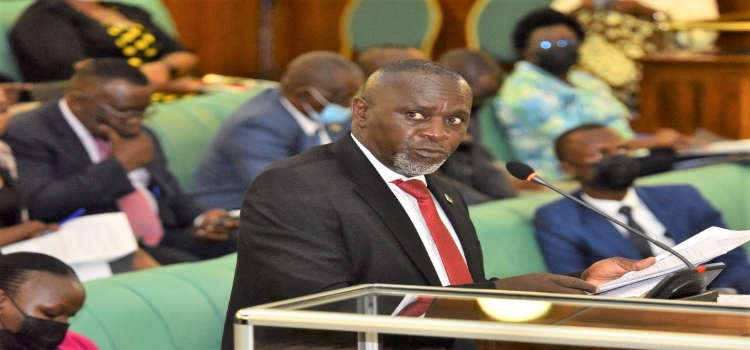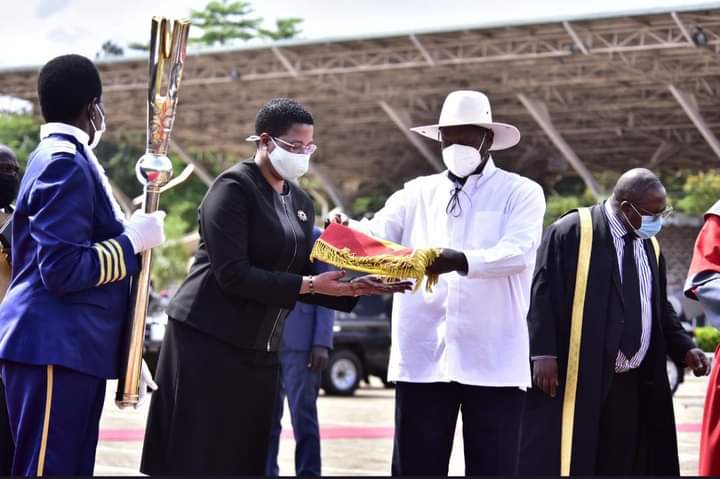Parliament has granted Dr. Abed Bwanika, the MP Kimaanya-Kabonera Division leave of the House to introduce the Contract Farming Bill that seeks to regulate contract and block farming in the country.
Under contract farming, an agreement exists between a buyer and farmers to supply a specific quantity and quality of agricultural products at agreed pricing conditions at a specified date of delivery.
In some cases, the buyer supports the farmers in preparation and other farming operations including providing farm inputs and offering technological advice.
According to Bwanika who presented the motion on the bill during the plenary on Tuesday, August 23, 2022, the proposal also seeks to create a legal framework to govern the execution of transactions relating to the sale of future agricultural produce at mutually agreed prices and the supply of farm services between a farmer and a third party.
It also seeks to prescribe the form of farming agreement; to govern the execution of block farming agreements between owners of parcels of land to regulate the sale, payment, delivery, rejection, and pricing of the agricultural products produced according to a farming agreement among others.
Bwanika said that farmers are faced with great risks of price fluctuations, and if the bill is passed, it will mitigate the risks and help farmers to negotiate the best prices with the buyers.
“It will help the farmers to minimise post-harvest losses since the farmers will be connected directly to the buyers, so the question of them looking for where to keep their product doesn’t arise and that will help the farmers to get other benefits from Agriculture as an economic enterprise,” Bwanika said.
He also added that buyers will equally benefit from the law as they will connect to farmers directly, negotiate the best prices, and do planning for the market. He says the bill also provides for block farming which will solve the problem of land fragmentation.
“Block farming will help farmers benefit from individual experiences of the farmers when they do farming together. Contract and block farming will help to improve the environment under which the farmers will produce, it will help farmers access markets and it will also help the farmers to benefit from the Parish development model,” he said.
Hon. Stella Apolot, the Woman MP for Ngora district who seconded the proposal to introduce the bill said that currently contract farming is restricted to plantation crops like tea and sugar cane. She says the profit margin and revenue of the small-scale farmers will be improved.
“It will also promote good quality end products since both the stakeholders have equal interest for the success in terms of production and processing. Directly contracting with buyers will increase competition leading to higher prices for the farm produce hence their increased income,” she said.
Hon. Pamela Kamugo, the Budaka district Woman MP said that the use of contracts has been attractive to many farmers because they are assured of markets and production support, and it is also beneficial to buyers.
“The farmers are assured of the market once the product is ready. The farmer and the buyer also have security since they are assured of purchase and supply,” she said.
The Deputy Speaker of Parliament, Thomas Tayebwa, asked Bwanika to comply with the requirement on the financial implication of the bill. He also said that before introducing a proposal, the MPs should have a dialogue with the ministries, departments, and agencies on the need for the bill.
Do you have a story in your community or an opinion to share with us: Email us at Submit an Article








